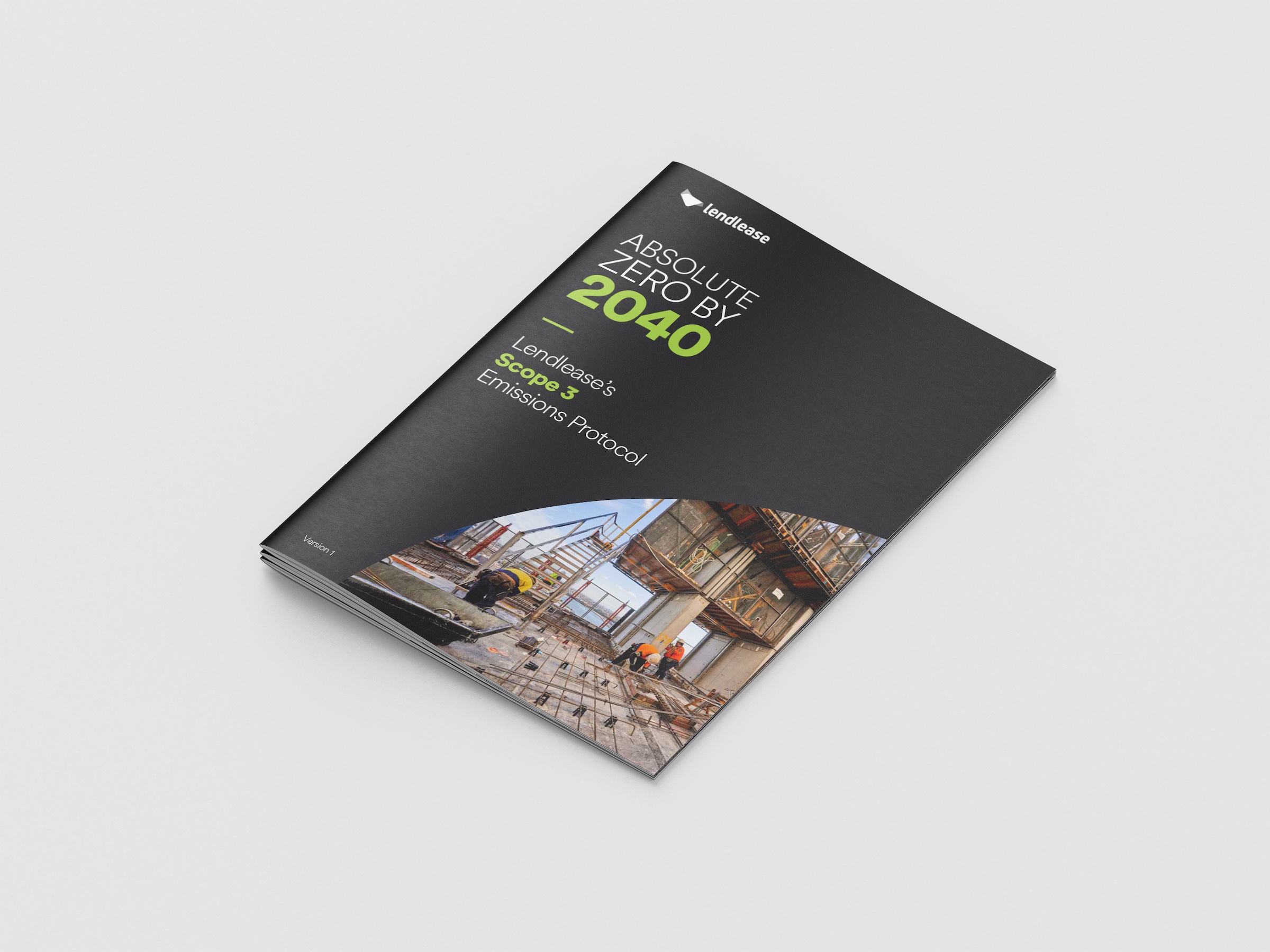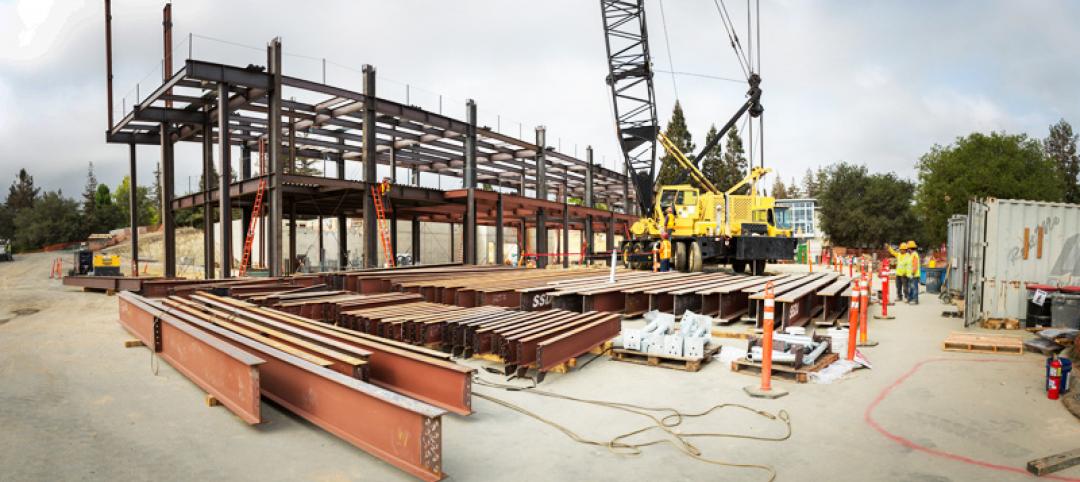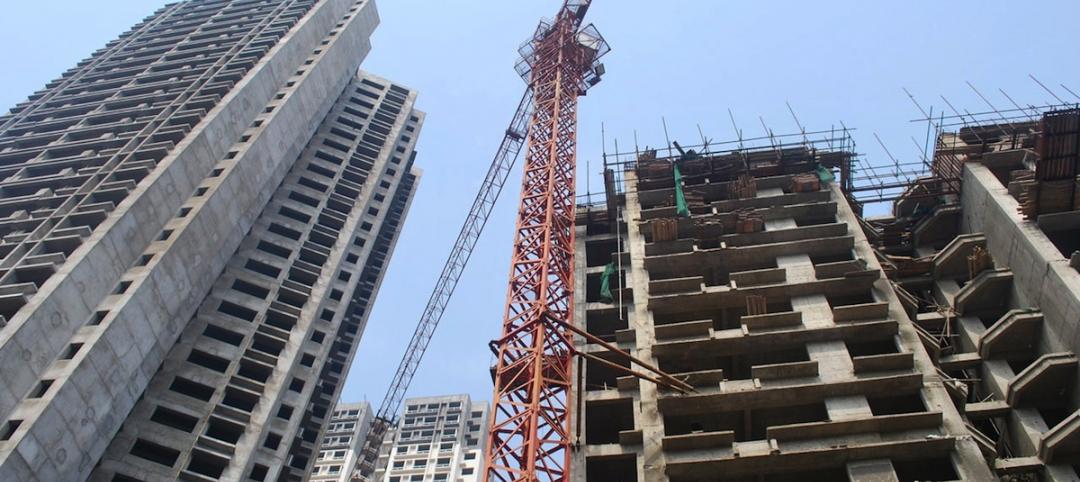Lendlease unveiled a new protocol to monitor, measure, and disclose Scope 3 carbon emissions and called on built environment industry leaders to tackle this challenge.
Scope 3 emissions are indirect emissions that occur in an organization’s value chain and often make up the majority of an organization’s carbon footprint. Lendlease says Scope 3 emissions comprise about 90% of its global carbon footprint.
Scope 3 emissions data, embedded in carbon-intensive materials such as steel, cement, aluminum, and glass, are especially challenging to track and measure. They have multiple source points and different levels of transparency, completeness, and assurance. Methods and standards for their calculation are inconsistent, and there is no standardized data exchange for them.
Lendlease is driving to change that with its new protocol that includes a Scope 3 Reporting Assessment Tool with more than 50 possible subcategories.
“We want the protocol to spark conversation and engagement across our sector, to help drive to a consensus on how to account for and report on Scope 3 emissions,” said Cate Harris, group head of sustainability. “If we can achieve this, then we can collaborate as an industry to solve the two big systemic challenges: the decarbonization of harder to abate materials, and the digitization and sharing of Scope 3 emissions data.”
Related Stories
Codes and Standards | Jun 4, 2015
NIBS, RICS to explore P3 as tool to achieve high-performance buildings
The idea of applying the P3 concept more to buildings, and especially building performance, is a potentially promising new avenue in the U.S., according to the trade groups.
University Buildings | May 30, 2015
Texas senate approves $3 billion in bonds for university construction
For the first time in nearly a decade, Texas universities could soon have some state money for construction.
Multifamily Housing | May 30, 2015
Energy Department releases resources to assess building energy benchmarking policies, programs
The new handbook demonstrates methodologies using real data from New York City.
Codes and Standards | May 27, 2015
Construction industry concerns with ‘Waters of the U.S.’ rule remain
EPA and Corps of Engineers rule may lead to a longer, more expensive permitting process
Codes and Standards | May 22, 2015
Rapid growth for environmental insurance in construction industry
The U.S. Environmental Protection Agency is paying closer attention to intrusion of potentially harmful vapors into commercial and residential buildings.
Codes and Standards | May 22, 2015
Roof collapse at Minnesota water park highlights failure to enforce codes
Rural areas say they can’t afford to enforce state-adopted building code.
Codes and Standards | May 22, 2015
U.S. House scuttles EPA plan to expand definition of waters in Clean Water Act
Construction industry officials said the rule would hamper developers, cost jobs.
Codes and Standards | May 22, 2015
First EPD covering PVC water and wastewater piping published
Benchmarks impacts of seven PVC pipe products across their life cycles.
Office Buildings | May 18, 2015
New ASHRAE standard offers test method to determine heat gain of office equipment
The standard will aid engineers in configuring cooling systems in office buildings.
Codes and Standards | May 7, 2015
Widespread damage from Nepal earthquake due to poor implementation of building code
Nepal’s code author says destruction was ‘inevitable.’














